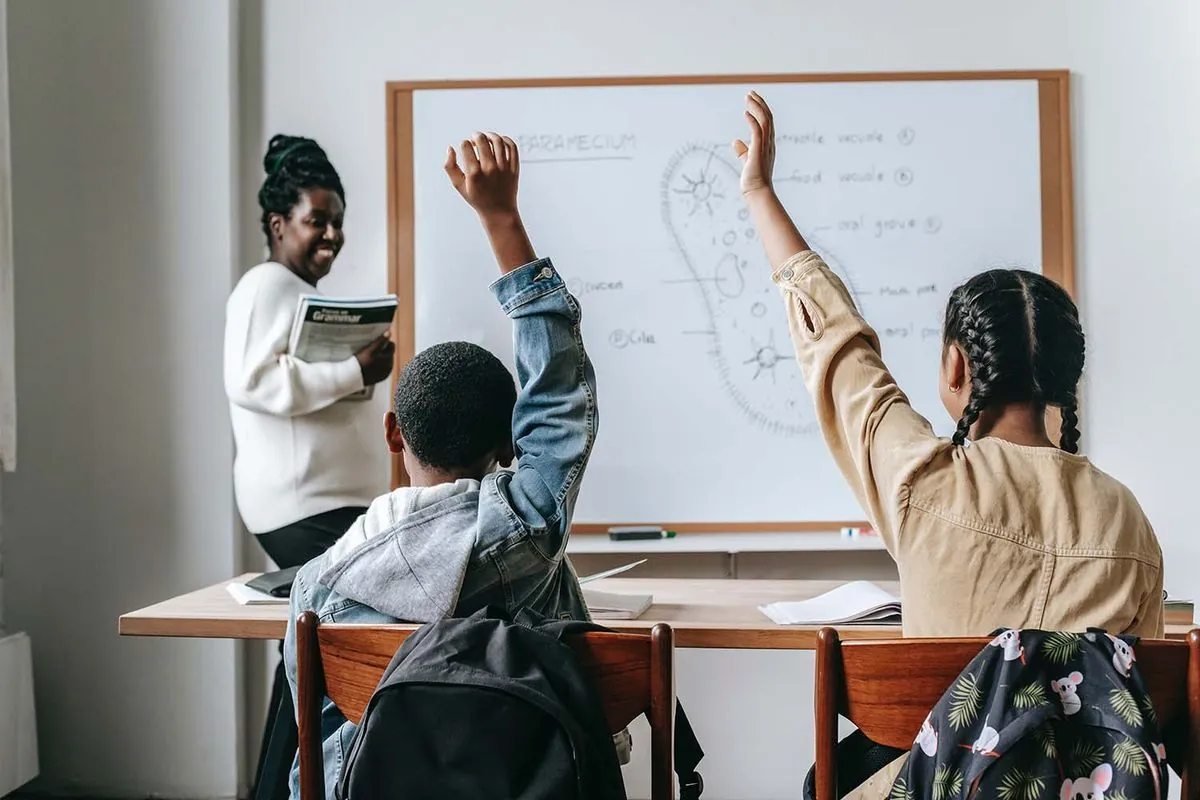Education Progress Overshadowed by Political Debates
Despite political arguments dominating education discussions, studies show significant academic improvements in US schools over decades. Teachers' efforts and socioeconomic factors contribute to these gains, benefiting diverse student populations.

In the current presidential election year, education debates often revolve around politically charged topics such as school vouchers, religious education, and student loan policies. However, these discussions frequently overlook the actual factors contributing to educational success in the United States.
Recent studies indicate that American schools have made substantial progress over the past few decades, primarily due to educators' dedication rather than political interventions. A comprehensive study by M. Danish Shakeel and Paul E. Peterson, published two years ago, analyzed over 7 million student test scores between 1971 and 2017. The findings revealed significant improvements in reading and math scores, equivalent to four and one years of learning, respectively.
Notably, the research highlighted that Hispanic, Black, and Asian students experienced even faster improvement rates than their White counterparts across all school levels. The researchers attributed these gains to higher living standards and more effective schooling practices.

The narrowing achievement gap between Black and White students is particularly noteworthy. Over the 46-year study period, this gap was reduced by half in both reading and math. Factors contributing to this progress may include improvements in family income, parental education, and family size within the Black community, as well as the impact of school desegregation, civil rights legislation, and early intervention programs like Head Start.
"School Communities of Strength"
Cookson's book highlights successful educational initiatives in low-income areas, where a combination of improved nutrition, exercise, and rigorous learning opportunities benefited all students.
The story of Jaime Escalante, a math teacher who successfully prepared students from low-income families for Advanced Placement (AP) Calculus in 1982, exemplifies the power of high expectations and dedicated teaching. Escalante's approach led to a significant increase in AP exam participation at Garfield High School in Los Angeles, surpassing even prestigious schools like Stuyvesant High and the Bronx High School of Science.
This trend of increased access to advanced coursework has continued. Between 2003 and 2018, the number of low-income students taking AP exams grew from 95,065 to 608,707, a 540% increase. The proportion of low-income test-takers rose from 9% to 22% during this period.
While the COVID-19 pandemic temporarily halted this progress, causing declines in math and reading proficiency and increased chronic absenteeism, most students have now returned to school. Dedicated teachers are working to mitigate these setbacks and continue the long-term trend of academic improvement.
As the 2024 presidential debates approach, it is crucial to shift the focus from politically divisive issues to strategies that enhance learning opportunities for all students. By prioritizing academic progress over political discord, we can build on the significant educational gains achieved in recent decades and ensure a brighter future for American students.


































